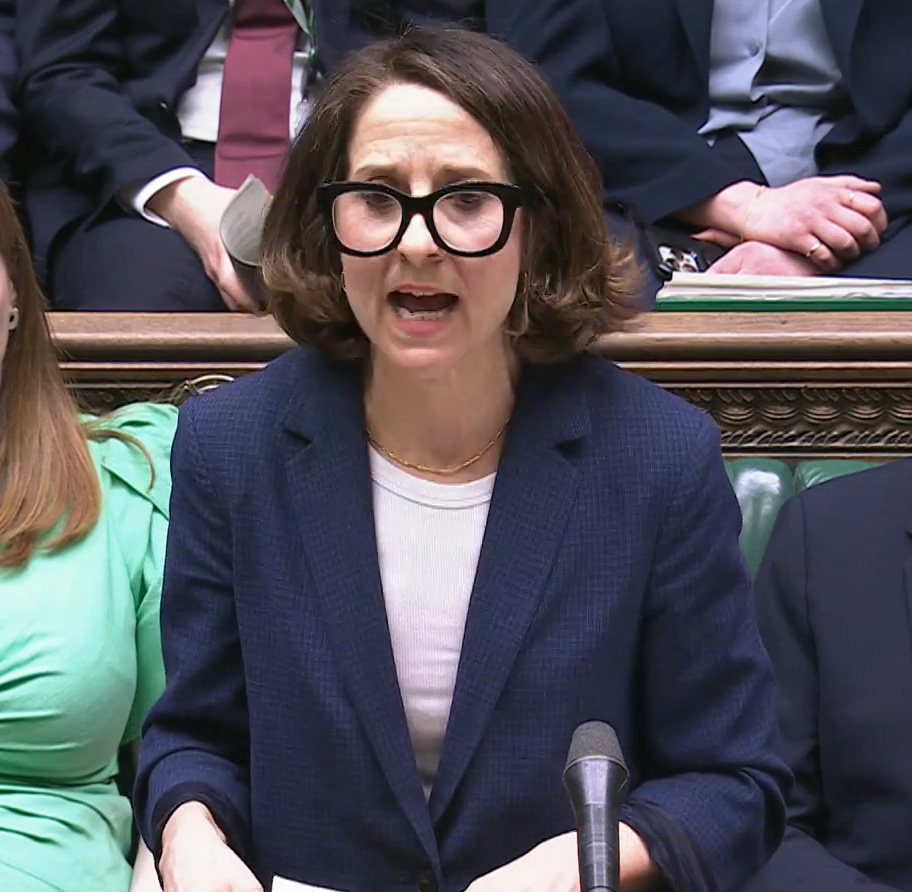 ‘Record numbers’ of nurses who are members of the Royal College of Nurses (RCN) have voted to take strike action to fight for fair pay. This is the first time RCN nurses have voted to strike in the 106 years of the RCN.
‘Record numbers’ of nurses who are members of the Royal College of Nurses (RCN) have voted to take strike action to fight for fair pay. This is the first time RCN nurses have voted to strike in the 106 years of the RCN.
Many of the biggest hospitals across the UK will be affected by the strikes this winter. This comes at a time when NHS waiting times for routine hospital treatments have reached record highs, according to NHS England.
The strikes are expected to start before the end of this year and further plans will be announced soon.
The RCN says the strikes will be carried out legally and safely, and emergency services and other urgent care will not be affected. However, they will affect things like routine services, including planned operations, mental health services and district nursing, which will have an impact on people with epilepsy.
Enough is enough
The RCN is asking the government to act to acknowledge the life-saving role nurses play in healthcare and to ensure nursing is an attractive job, to help fill the “tens of thousands of unfilled nursing posts”.
Pat Cullen, RCN general secretary and chief executive, said: “Anger has become action – our members are saying enough is enough. Our members will no longer tolerate a financial knife-edge at home and a raw deal at work.
“Ministers must look in the mirror and ask how long they will put nursing staff through this. Across the country, politicians have the power to stop this now and at any point.
“This action will be as much for patients as it is for nurses. Standards are falling too low [through understaffing] and we have strong public backing for our campaign to raise them.”

Alison Fuller, director of Health Improvement & Influencing, Epilepsy Action:
“We know the decision by nurses to take strike action has been a difficult one. Nurses are a lifeline for people with epilepsy and their families in delivering safe care and yet for too long, their workload, morale and staffing levels have been stretched to breaking point.
“We are calling on the Health Secretary to recognise the contribution nurses make to ensure they are able to do their essential work safely. In the meantime, we recognise the short-term impact the strike action will have on people with epilepsy who will be understandably concerned about their continuity of care.
“We already know patients aren’t getting the best service they deserve and we anticipate that their experiences will be further impacted by the planned strike action. We will be actively seeking the views of people with epilepsy and how this is affecting their access to services and delays in their care and treatment.”
Worse off than a decade ago
The action has followed the NHS Agenda for Change pay announcements earlier in the year, which left experienced nurses worse off than a decade ago, according to the RCN. The salaries of nurses have been consistently below the rate of inflation. With the strike action, the RCN is campaigning for a pay rise that is 5% above inflation, which would be around 12%.
The RCN represents around two-thirds of nurses in the NHS.
If you are worried about any disruption to services, you can contact the Epilepsy Action Helpline by calling 0808 800 5050 or emailing helpline@epilepsy.org.uk.
You can also share your concerns or experiences with us to help us campaign by emailing health@epilepsy.org.uk.
More articles



